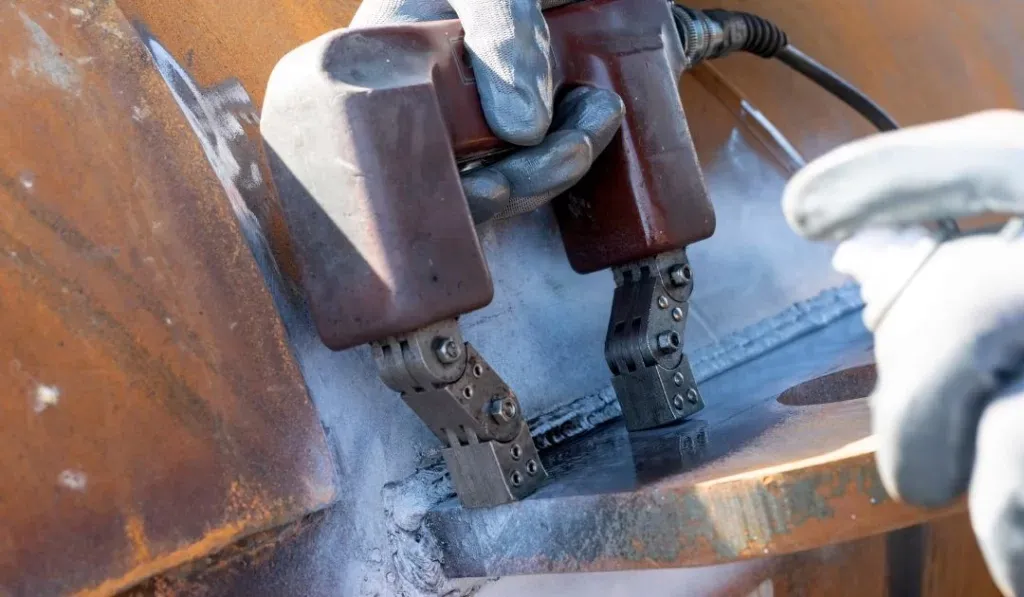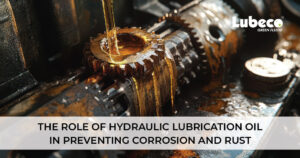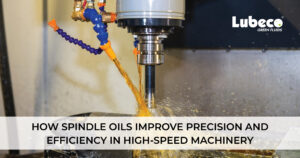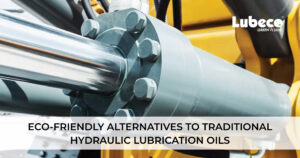Magnetic Particle Inspection (MPI) is a widely used non-destructive testing method employed to detect surface and near-surface defects in ferromagnetic materials. It relies on the principle of magnetism and the use of magnetic fields to identify and evaluate flaws in components. One crucial component of this inspection technique is the MPI oil, which plays a significant role in the process. In this blog, we will explore the importance of MPI oils and their function in Magnetic Particle Inspection.
What are MPI Oils?
MPI oils, also known as magnetic particle inspection oils, are specialized fluids formulated to enhance the visibility of defects during the magnetic particle inspection process. These oils act as carriers for the magnetic particles, aiding in their mobility and facilitating their deposition on the surface of the test specimen. MPI oils are available in various formulations, each designed for specific applications and inspection conditions.
Function of MPI Oils
Suspension of Magnetic Particles: The primary function of MPI oils is to suspend magnetic particles and disperse them evenly throughout the liquid medium. These particles, which are typically iron-based and possess magnetic properties, are mixed with the oil to create a stable suspension. The even distribution of particles ensures efficient coverage of the test specimen, improving the chances of defect detection.
Magnetic Particle Mobility: MPI oils act as carriers for the magnetic particles, enabling their movement and deposition on the surface being inspected. The viscosity of the oil affects the mobility of the particles, allowing them to flow smoothly and adhere to the surface of the test specimen. This enhances the visibility of defects by creating distinct indications.
Contrast Enhancement: The MPI oil’s composition and additives are formulated to provide optimal contrast between the magnetic particles and the background surface. This contrast enhancement improves the detectability of defects and makes them more visible to the inspector. The choice of MPI oil is crucial in ensuring the best contrast for accurate flaw identification.
Residue Removal: After the inspection process, the MPI oil needs to be easily removable from the test specimen. The oils are designed to be easily cleaned using solvents or water-based solutions, leaving minimal residue behind. Effective removal of the oil ensures that subsequent processes, such as further inspections or surface treatments, can be carried out without interference.
Choosing the Right MPI Oil
Selecting the appropriate MPI oil is essential for achieving accurate and reliable inspection results. Several factors need to be considered, including the type of defect being targeted, the material being inspected, and the inspection conditions. Different oils are available for different applications, such as visible or fluorescent inspections.
Visible MPI Oils: These oils are used for visible magnetic particle inspections and are typically colored to provide a strong contrast against the test surface. The color contrast helps the inspector identify indications and defects easily.
Fluorescent MPI Oils: When inspections require increased sensitivity or when inspecting components with complex geometries, fluorescent MPI oils are used. These oils contain fluorescent dyes that emit visible light when excited by an ultraviolet (UV) light source. This enhances the visibility of indications, especially in low-light conditions.
Safety Considerations
While MPI oils are integral to the inspection process, it is crucial to follow safety guidelines when handling and using these fluids. Some MPI oils may contain hazardous or flammable substances, requiring proper precautions during storage, handling, and disposal. Safety data sheets and manufacturer instructions should be carefully reviewed and followed to ensure the well-being of the inspectors and compliance with regulations.
Conclusion
MPI oils play a vital role in Magnetic Particle Inspection, facilitating the detection and evaluation of surface and near-surface defects in ferromagnetic materials. They act as carriers for the magnetic particles, improve particle mobility, enhance contrast, and allow for easy removal. Choosing the right MPI oil based on the inspection requirements and following safety guidelines are crucial for obtaining accurate and reliable results. By understanding the importance and function of MPI oils, inspectors can optimize their magnetic particle inspection processes and ensure the highest quality of flaw detection in ferromagnetic components.








